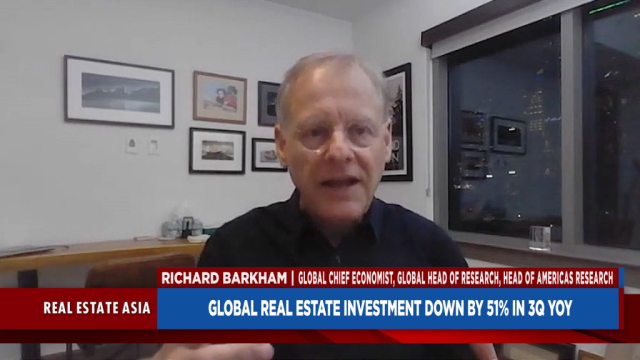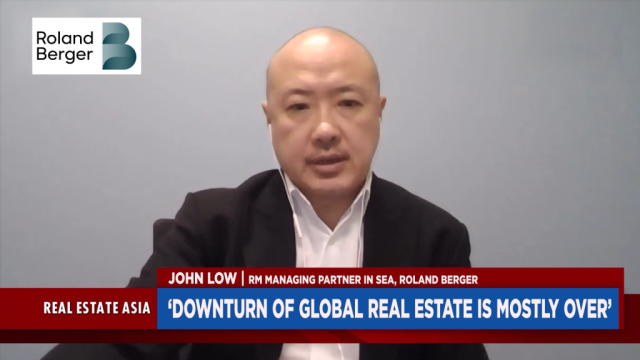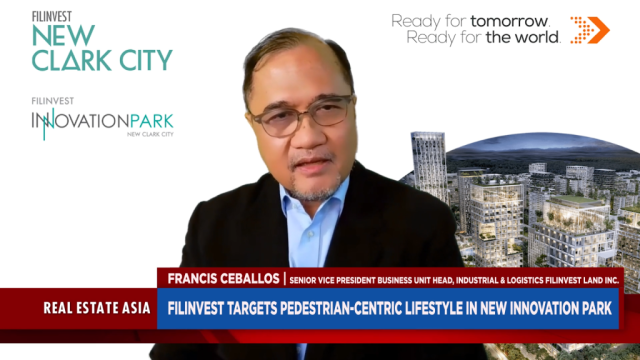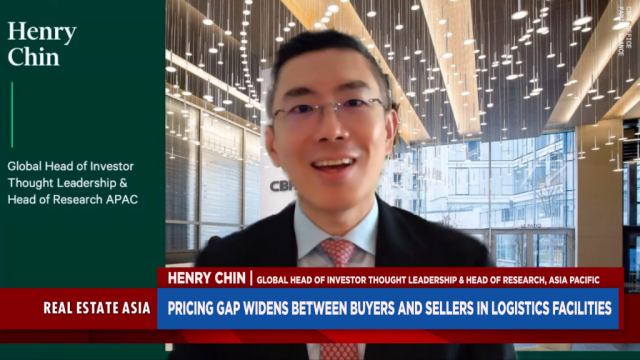
Seoul’s Q3 industrial net absorption reaches record highs
Net absorption was at 77% of the total figures recorded in 2022.
In 3Q23, net absorption of the overall SCA stood at 365,900 pyeong, the highest ever on record. In a report, JLL said this was about 77% of the total net absorption for 2022.
Demand for e-commerce has revived recently, accounting for a significant portion of net absorption in the quarter. Due to strong leasing activity, annual net absorption by end-2023 is expected to exceed twice that of last year.
Here’s more from JLL:
Positive net absorption was observed in all submarkets, with the largest being in the West, followed by the South and the South-east. In particular, the West recorded a net absorption of 187,500 pyeong, the highest ever quarterly net absorption across the entire SCA. In the West, an e-commerce company leased large areas in two centres, contributing to net take-up.
Vacancy rates tumble despite new completions
New supply in the quarter decreased slightly compared to 1H23, with 11 centres and a total GFA of 281,200 pyeong. Three centres have had their completion dates delayed to next year. Looking at the districts, one new centre was completed in the North, three in the South, five in the South-east, two in the West, and there was no new supply in the Central in the quarter.
The vacancy rate was approximately 13.1%, down 290 bps q-o-q with vacancy decreasing in all submarkets. The North maintained full occupancy even with new supply during the quarter. It was found that leasing activities at centres completed prior to the quarter accounted for approximately 63% of the total net absorption, leading to a decline in the vacancy rate.
Logistics transaction volume decreases amid slim liquidity
The average net effective rent in the SCA area for 3Q23 was KRW 30,442 per pyeong per month, an increase of 0.5% q-o-q and 0.6% y-o-y. The changes in rents continued to remain relatively muted during the quarter. Only rents in the North decreased slightly as a new completion signed a lease at a lower rent than the submarket average.
The logistics investment market in Korea is estimated at approximately KRW 885 billion in 3Q23, down roughly -26% q-o-q and -46% y-o-y. The biggest deal was Logisco Yangji, located in Yongin, which was owned by Invesco with Rifa Asset Management and traded to Mirae Asset Investment Management for KRW 467 billion.
Outlook: The upcoming supply volume is subject to change
Despite brisk leasing activity, there may be some conversions of cold spaces to dry spaces due to supply woes and slower take-up of cold storage. However, in addition to the high cost of conversion, the process of changing air conditioning equipment, chambers, docks and floor heights could be extremely challenging and require large capital expenditure.
The mounting worries over construction financing has taken a heavy toll and slowed down development. It is likely that many centres currently under construction will miss their target completion dates. Difficulties related to funding are also likely to discourage development activity, thereby restraining long-term supply.
Note: Seoul Industrial refers to Seoul Capital Area's prime logistics market.































